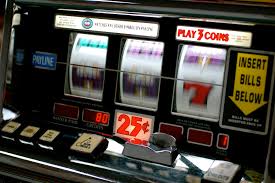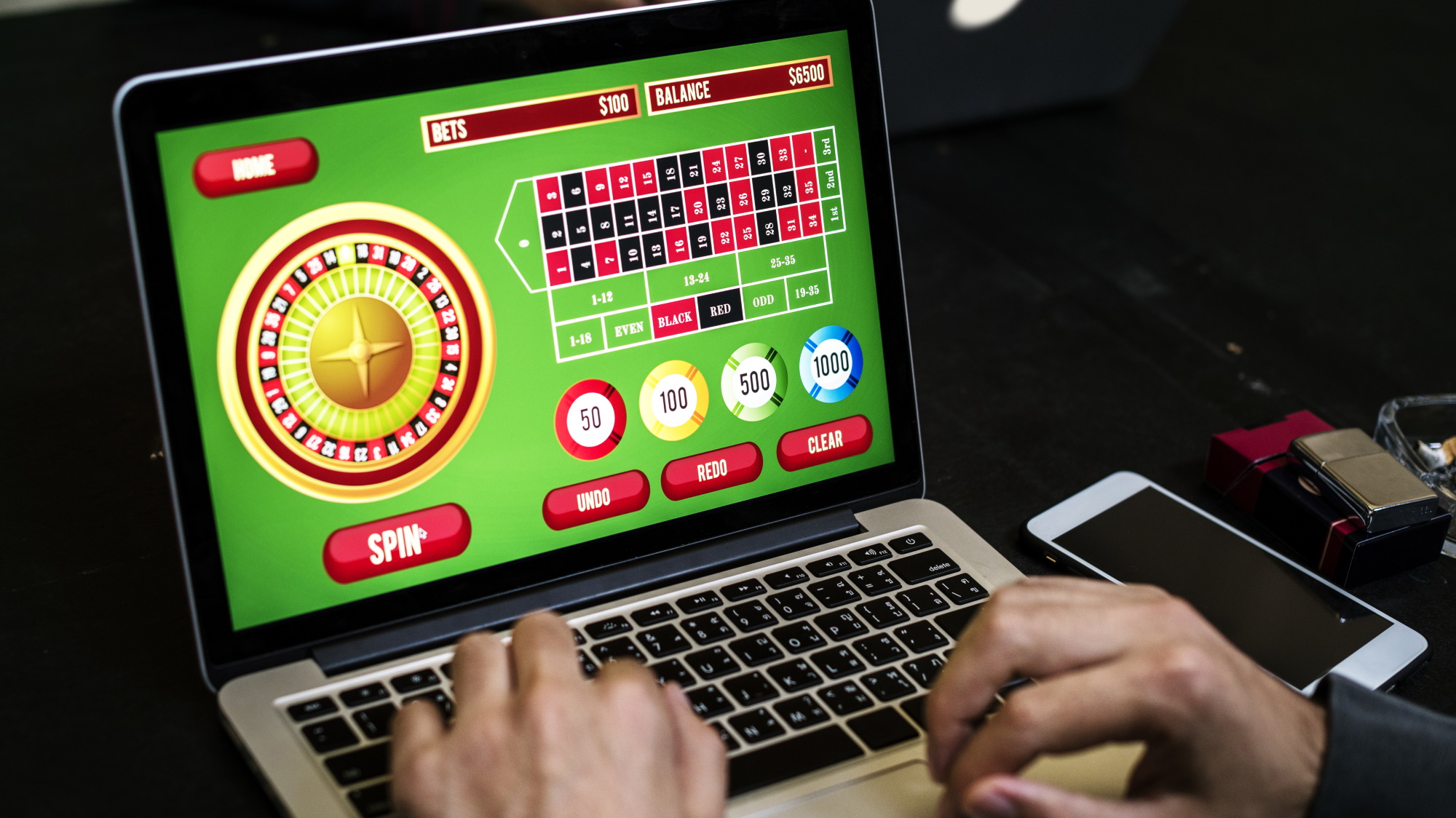Responsible Gambling: A Crucial Element in the Gambling Industry
Responsible Gambling (RG) is a key part of any regulated gambling operator’s business. In fact, it’s so important that many jurisdictions require operators to submit and abide by a Responsible Gambling Plan as a condition of their license.
Some of these practices include signposting, employee training, and self-exclusion programs. These tools allow people to bar themselves from certain gambling venues or virtual platforms.
Importance of Responsible Gambling
Aside from the financial consequences, problem gambling can lead to mental health issues and strained relationships. Practicing responsible gaming can help prevent these problems. For players, it means betting only as much as they can afford to lose and using gambling activities as a form of recreation instead of a source of income. It also involves recognizing that sports betting is a game of chance, and you should expect to lose some bets.

Casinos can promote responsible gaming by offering self-exclusion programs, providing information and resources to gamblers, and educating employees about gambling-related harms. They should also follow regulations regarding their advertisements, so that they are not targeting vulnerable individuals. They should also offer KYC services to protect player identification. This will help them avoid fraud and other criminal activity that can threaten the safety of players.
Signs of Problem Gambling
Most people who gamble do so without it causing them any harm, but for a small percentage of the population, gambling can become more than just a game. Problem gambling can result in financial difficulties, mental health issues and strained relationships.
Often, those who are deep into gambling addiction will start lying to their spouses and families. They may also steal money from family members or friends to fund their betting habits. Those who chase their losses will often continue to place bets to try and recover the money they have lost, which can lead to even more debts and losses.
Many jurisdictions have regulations regarding on property signage and responsible gambling disclosures, including the provision of brochures or other resources for help and counseling. They may also regulate the types of gambling advertising that can be displayed on property.
Setting Betting Limits
A key tool in responsible gambling is setting limits for both time and money. Limits help prevent problems from arising in the first place, including financial difficulties and strained relationships. Limits can also protect individuals from negative emotional reactions like stress and anxiety.
Gambling limits can be set on gambling sites and casinos, allowing patrons to control their own play. This can prevent them from betting beyond their means and can also prevent them from chasing losses.
However, research has found that high-intensity gamblers may not be susceptible to voluntary responsible gaming tools. This is especially true for those who may have a history of problem gambling. In such cases, mandatory pre-commitment is recommended to help ensure that these players are protected. This will also provide opportunities for harm reduction and treatment interventions.
Budget Management for Gambling
Managing one’s finances is an important aspect of responsible gambling. It can help prevent problems that may arise from gambling such as financial difficulties, mental health issues and strained relationships and article https://goal123top.com/cach-rut-tien-goal123/. It is recommended to use budgeting tools or create a separate banking account to keep gambling expenses apart from one’s regular household bills. It is also helpful to allocate fixed betting amounts and time limits to each gambling session.
In addition, it is advisable to acknowledge the fact that gambling is not a reliable source of income and should only be used for entertainment. It is recommended to record expenditure on a regular basis and utilize self-exclusion programs available on gambling platforms in case problem gambling is identified. Moreover, it is essential to savor wins and refrain from chasing losses.
Self Exclusion
Gambling self exclusion programs are an effective way for individuals to prevent problem gambling. These programs are available at many casinos and online. When someone signs up for a voluntary self-exclusion program they will be prevented from entering gaming venues or using a particular casino website.
Those who participate in self-exclusion programs often report that they have been successful. They also report reduced time spent on gambling and money spent. They also report that it feels good to be in control of their gambling.
It is important that the process of signing up for a self-exclusion program be made as easy as possible. The current process can be intimidating and confusing for some people, which may discourage them from participating. Research has found that a simple, respectful approach is essential to the success of a program.





